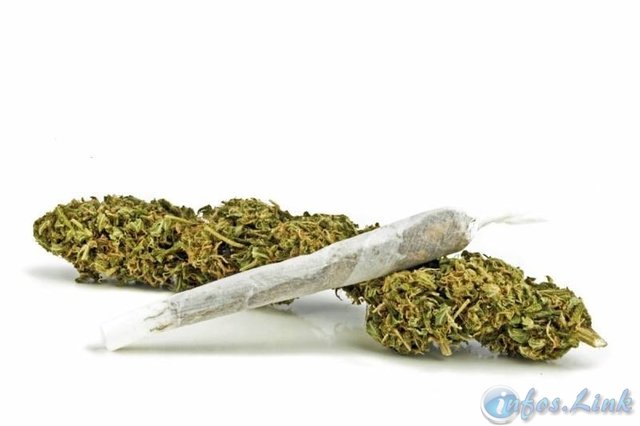The war on the black market since the legalization of cannabis

Since the announcement of cannabis legalization by the federal government, illicit marijuana stores have sprouted up everywhere in Ontario. A little more than a week after the opening of the first legal stores, the authorities still struggle to prevent illegal businesses from doing business.
In Hamilton, 13 stores sell cannabis without a permit.
What happens is that as soon as you close some stores, others open afterwards. It happens regularly
, says Hamilton Deputy Police Chief Dan Kinsella.
Similar situation - proportionately - in Toronto, where the Municipality estimates that about twenty shops are exploited illegally.
You can not just get in and out of a store
, says Kinsella.
For example, the police must conduct a trade investigation, obtain a warrant, and seize the products from the target store. In short, an operation that can take several days, police services also having other priorities.
Since the beginning of the year, the Hamilton police have obtained 19 warrants for the closure of illegal shops.
What encourages the police force is that at some point, about 80 illegal marijuana stores were located in Hamilton.
The City of Hamilton was the first to seize buildings from illegal stores. [...] But everything must be held in court
, says Hamilton Mayor Fred Eisenberger.
If the fines are not high enough, the owners of the illegal comptoirs consider that they are operating costs. Fred Eisenberger, Mayor of Hamilton
In Toronto, the police even ask citizens to report illegal counters to 311.
Demand too high for the legal offer
According to several experts, the Ontario government's plan to have 25 stores across the province and online sales across the country is simply not enough to meet the demand.
I think the government made a big mistake in limiting the number of legal stores
, says University of Waterloo economics professor Anindya Sen.
He also believes that the Ontario government should not have allowed municipalities to ban cannabis stores on their territory.
Currently, major centers like Mississauga and Oakville, for example, do not allow the opening of marijuana counters.
In this context, it is not surprising to see a thriving black market Anindya Sen, Professor of Economics
Caryma Sa'd, a Toronto lawyer who often works with entrepreneurs who explore the field of recreational marijuana, agrees.
It seems that the market is not balanced. There are many people who would like to participate in this market, but there is not enough license
, she says.
Same story on the Hamilton police side. Right now, we do not have a legal store in Hamilton, so people have no other place to go
, says Kinsella.
The deputy chief hopes that his troops will have less work when legal counters open in the city, although two shops in good standing have been opened relatively, in Burlington and St. Catharines.
For his part, Me Sa'd says it is also unfair that entrepreneurs who have worked to establish medicinal cannabis clinics can not also sell recreational marijuana.
She even believes that some people open illegal shops to send a message to the government, a message that could however send them behind bars for up to 14 years.
Improve the legal offer
Mr. Sen thinks the government could improve the supply, without having to open a ton of other legal stores.
The professor recalls that several websites make it possible to find a store without a license or simply to have drugs easily delivered.
He believes that the government could simply regulate these types of services, while improving the products offered.
When the government introduces products like junk food, people will no longer go to the black market
, he thinks.
Meanwhile, the authorities do not recommend buying products in this type of trade, for reasons of safety and legality.